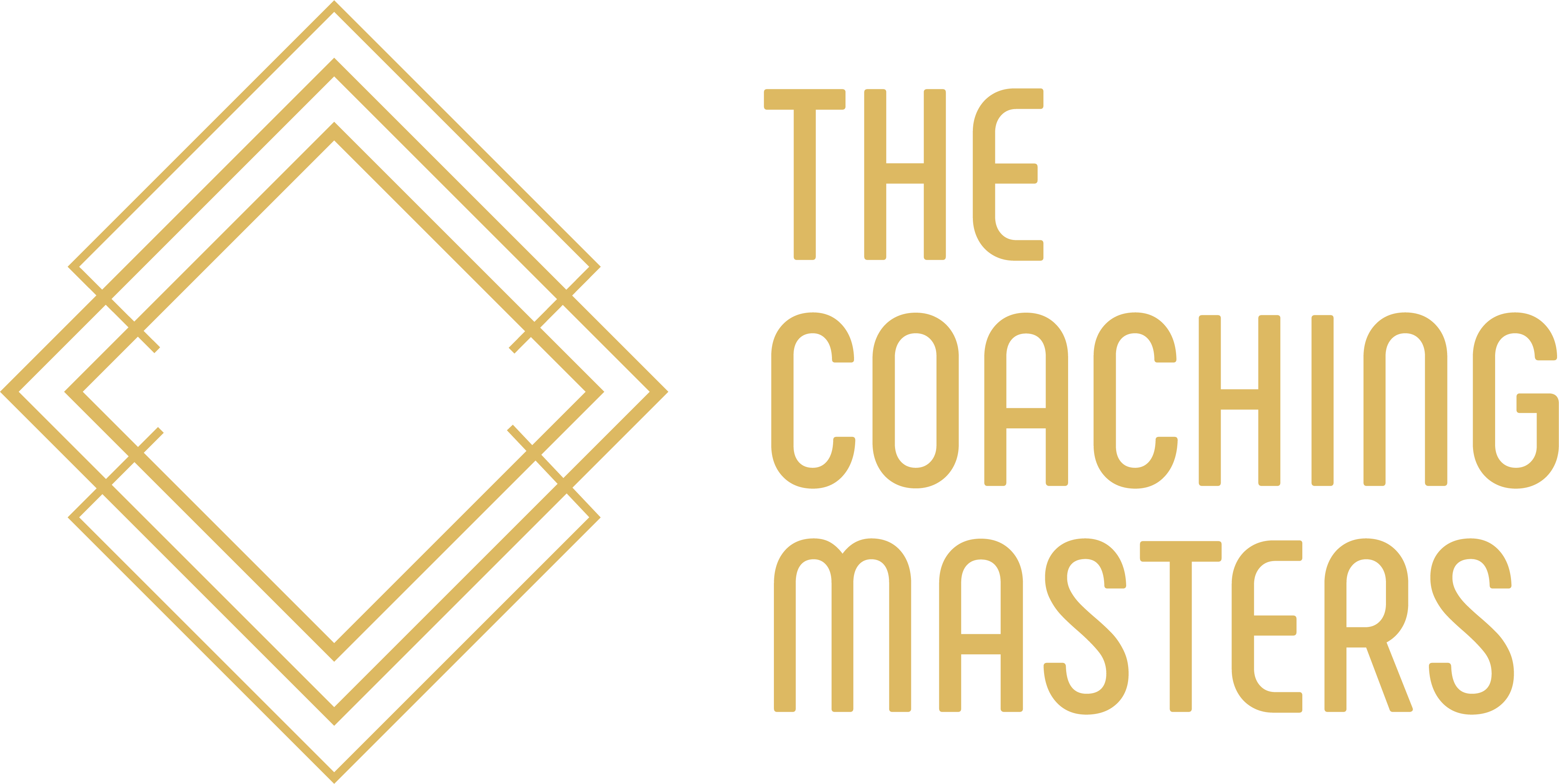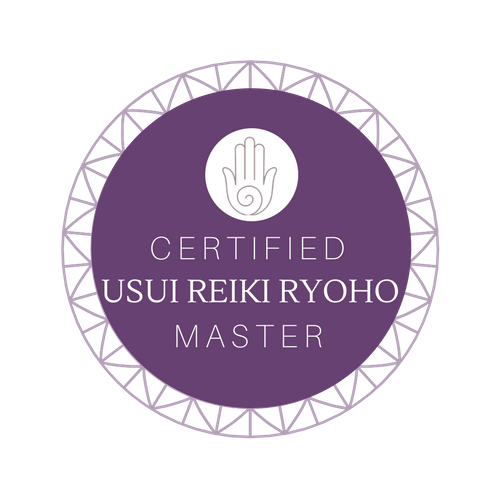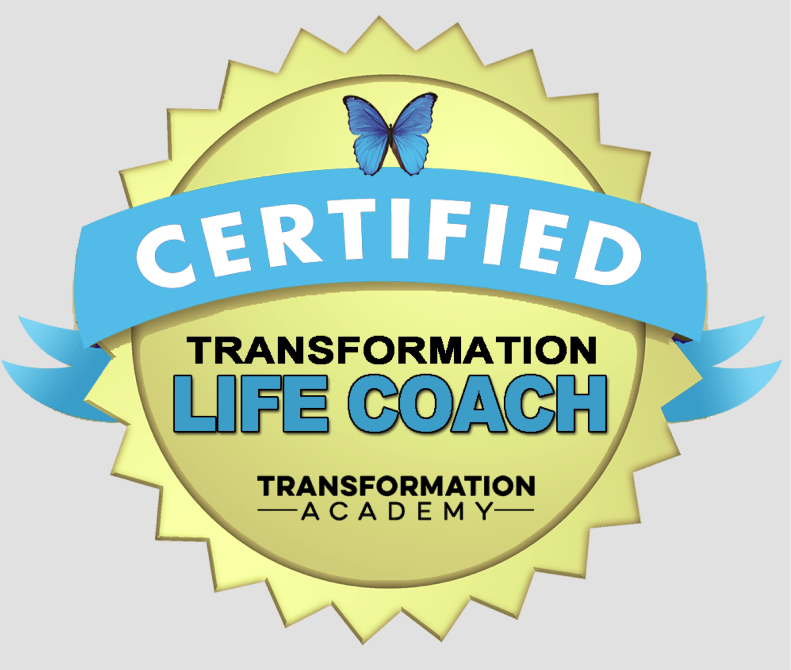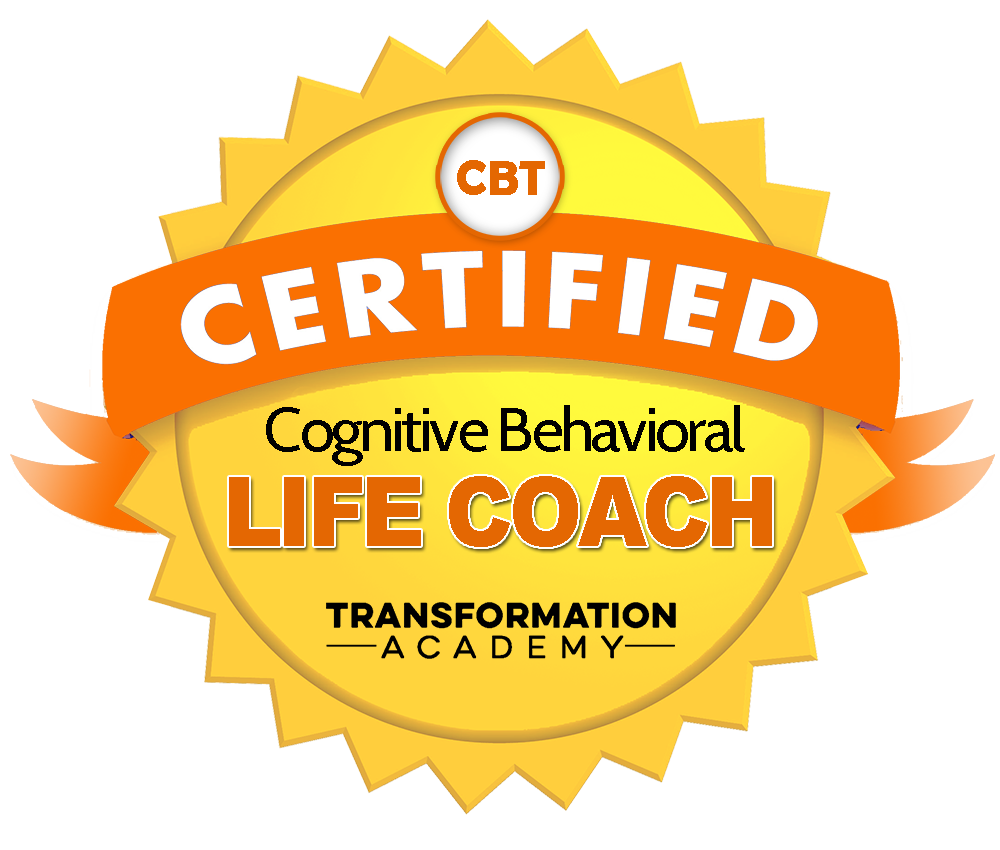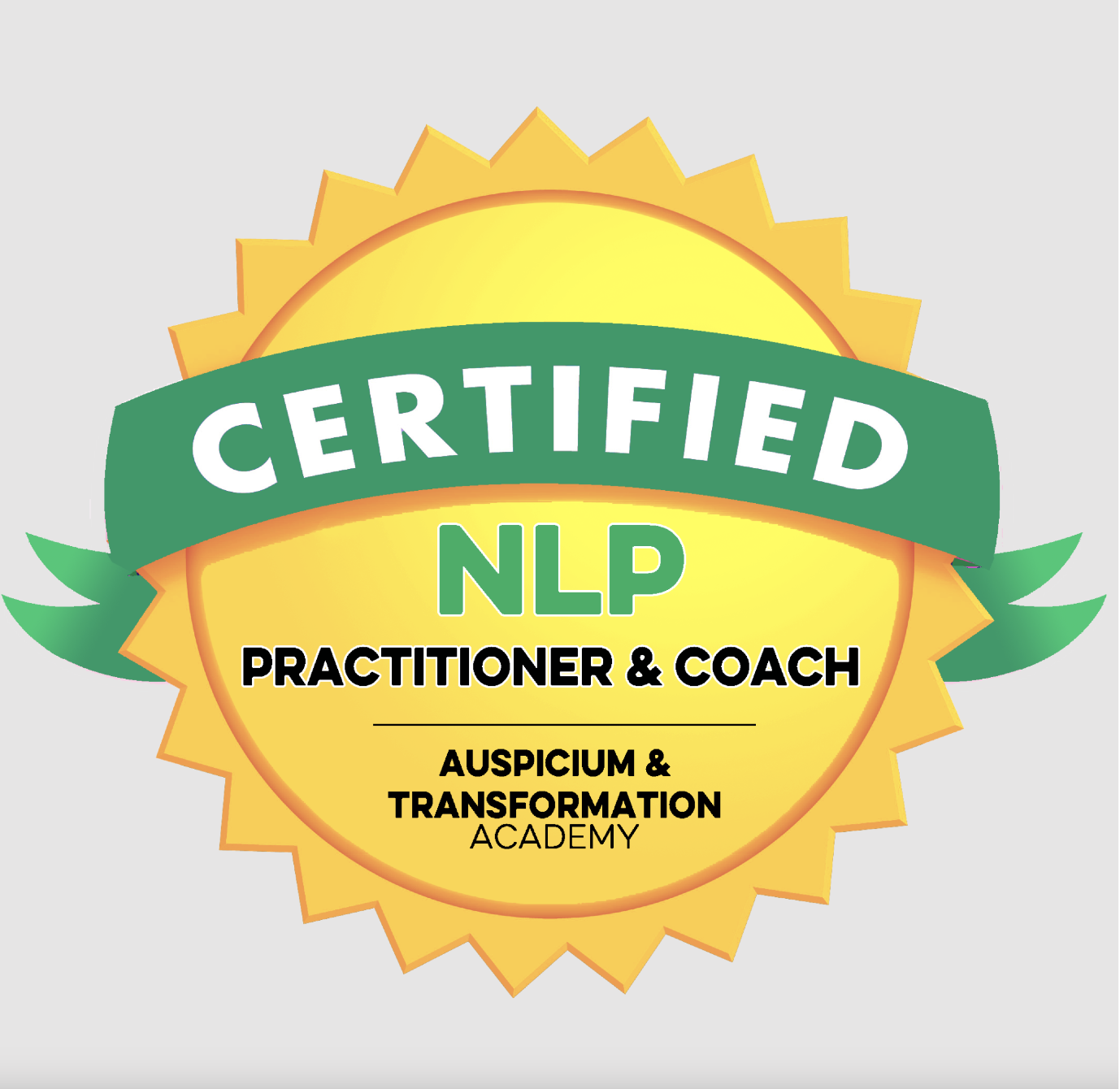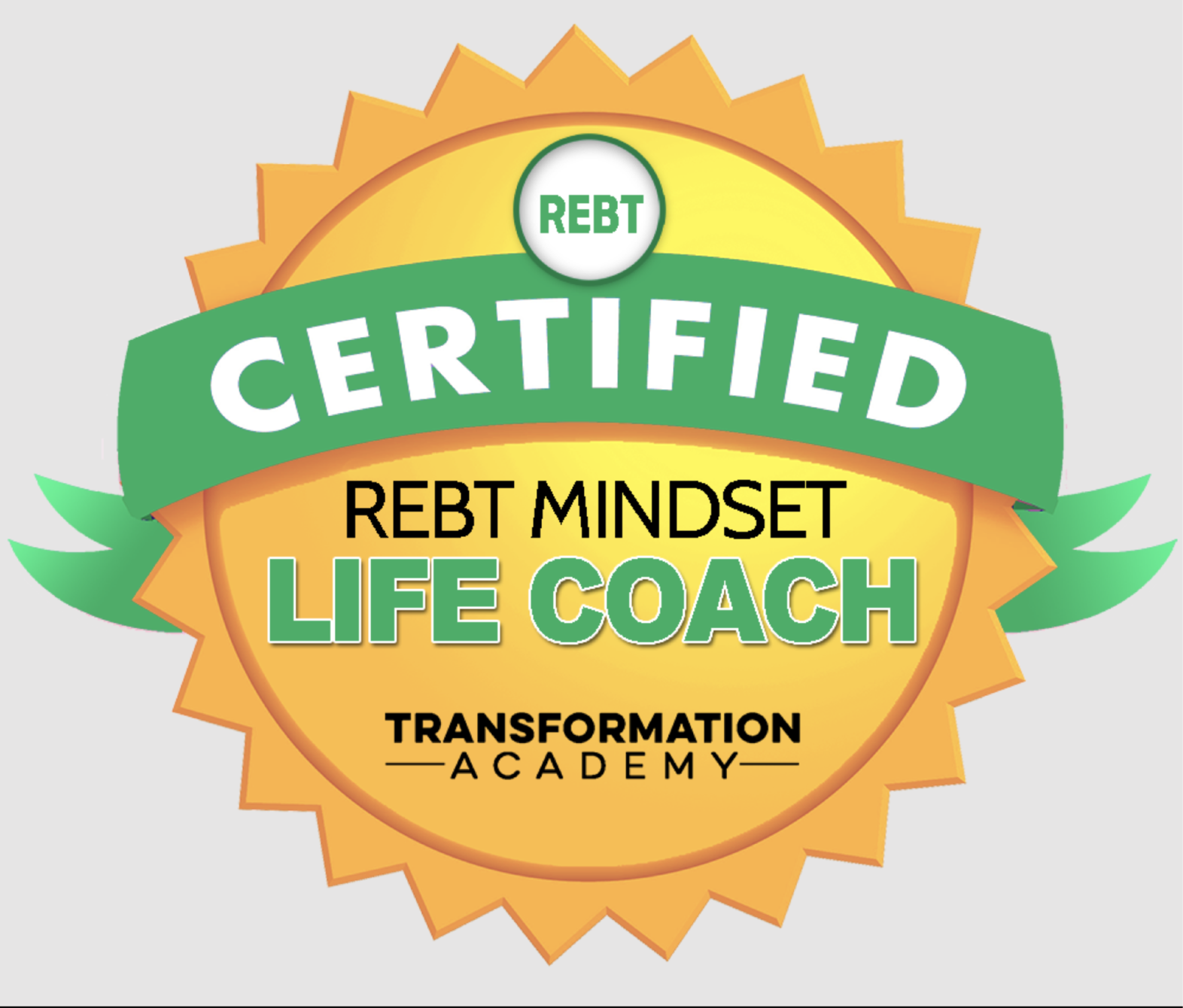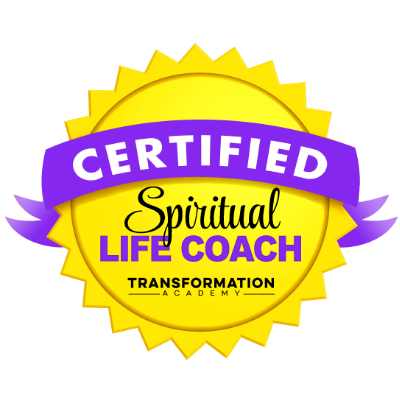A Grandiosity Mind Trapped In Anger

Understanding the complexities of the human mind is essential for achieving emotional and mental balance. One particular issue that often entangles people is the grandiose mind trapped in a cycle of anger. This state not only affects the individual but also impacts their relationships and overall quality of life. Let's explore the intricacies of this mindset and how one can work towards liberation from its constraints.
The Nature of Grandiosity
Grandiosity is characterised by an inflated sense of self-importance and a persistent belief in one's superiority. This mental state often leads individuals to have exaggerated perceptions of their abilities, talents, and achievements. They may believe that they are unique and can only be understood by other similarly special people. This mindset creates a distorted reality where the individual's sense of self is elevated to an unrealistic level.
People with grandiose tendencies tend to seek constant validation and admiration from others. They often believe that they are entitled to special treatment and privileges. This inflated self-view can lead to difficulties in relationships, as the individual may struggle to empathise with others or may become easily frustrated when they do not receive the recognition they believe they deserve.
The Role of Anger
Anger is a common emotion that can manifest in various ways, ranging from mild irritation to intense rage. It is a natural response to perceived threats or injustices, and in some cases, it can serve as a protective mechanism. However, when anger becomes a dominant force in an individual's life, it can lead to destructive behaviours and emotional turmoil.
For individuals with a grandiose mindset, anger often arises from feelings of frustration and entitlement. When their expectations are not met, or when they feel that they are not being treated with the respect they believe they deserve, they may react with anger. This anger can be directed at others, who they perceive as obstacles to their goals, or it can be turned inward, leading to self-criticism and a sense of inadequacy.
The Cycle of Grandiosity and Anger
The combination of grandiosity and anger creates a vicious cycle that can be difficult to break. The individual's inflated sense of self leads them to have unrealistic expectations and a heightened sensitivity to perceived slights or failures. When these expectations are not met, they respond with anger, which further reinforces their sense of entitlement and superiority.
This cycle can be damaging to the individual's relationships and overall well-being. The constant need for validation and admiration can lead to strained interactions with others, as the individual may become demanding or critical when their needs are not met. This can result in a pattern of conflict and isolation, further fuelling their anger and reinforcing their grandiose mindset.
Breaking Free from the Cycle
Breaking free from the cycle of grandiosity and anger requires a combination of self-awareness, emotional regulation, and therapeutic intervention. Here are some strategies that can help individuals work towards a more balanced and fulfilling life:
1. Cultivate Self-Awareness: The first step in breaking free from the cycle is to develop a greater understanding of one's thoughts, emotions, and behaviours. This involves reflecting on the underlying beliefs and motivations that drive the grandiose mindset and identifying the triggers that lead to anger.
2. Practice Emotional Regulation: Learning to manage and regulate emotions is crucial for breaking the cycle of anger. This involves developing techniques for calming the mind and body, such as deep breathing, meditation, and mindfulness. By practicing these techniques, individuals can learn to respond to challenges with greater equanimity and reduce their reliance on anger as a coping mechanism.
3. Seek Therapeutic Support: Working with a therapist can provide valuable insights and guidance for individuals struggling with grandiosity and anger. Therapy can help individuals explore the underlying causes of their mindset, develop healthier coping strategies, and work towards more balanced and realistic self-perceptions.
4. Build Empathy and Compassion: Developing empathy and compassion for oneself and others is essential for breaking free from the cycle of grandiosity and anger. This involves recognising the value and dignity of all people, including oneself, and cultivating a sense of connection and understanding.
5. Set Realistic Goals and Expectations: Setting realistic and achievable goals can help individuals develop a more balanced perspective on their abilities and achievements. This involves recognising that success and progress are often gradual and that setbacks and failures are a natural part of the process.
6. Foster Healthy Relationships: Building and maintaining healthy relationships is essential for overcoming grandiosity and anger. This involves developing skills for effective communication, conflict resolution, and emotional support. By fostering positive and supportive interactions with others, individuals can reduce their reliance on external validation and develop a more stable sense of self-worth.
The Benefits of Liberation
Breaking free from the cycle of grandiosity and anger can lead to numerous benefits, including improved relationships, greater emotional stability, and a more realistic and fulfilling sense of self. By developing a more balanced perspective on their abilities and achievements, individuals can cultivate a sense of humility and gratitude, leading to greater satisfaction and well-being.
In conclusion, the grandiose mind trapped in anger is a complex and challenging issue, but it is one that can be addressed with the right strategies and support. By cultivating self-awareness, practicing emotional regulation, and seeking therapeutic support, individuals can break free from the cycle and work towards a more balanced and fulfilling life. Through empathy, realistic goal-setting, and fostering healthy relationships, they can achieve a greater sense of emotional and mental well-being.
Click the link below to book your free clarity call or free virtual coffee chat.
Grab a copy of our newletter by completing the form below, this will then be sent to your inbox every month.
My Affirmation For The Week
"Every act of creation is first of all an act of destruction."
